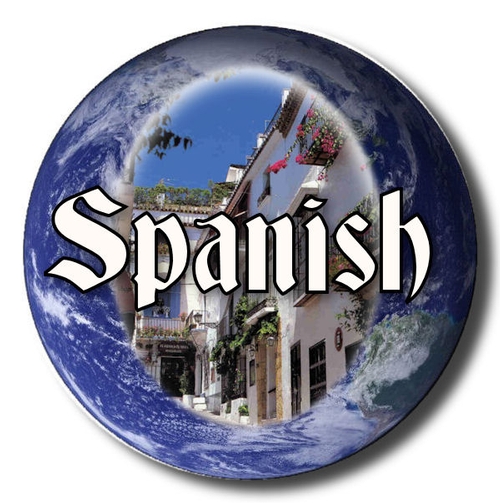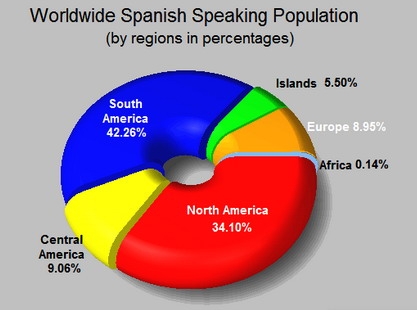- Author: Myriam Grajales-Hall

Cuban writer and academician Humberto López Morales noted that the current situation of Hispanics in the United States is the result of a confluence of historical processes headed by Mexico at the beginning of the 20th century, followed by Puerto Rico, Cuba, the Dominican Republic and, more recently, Venezuela and Argentina.
The successes achieved by the immigrants, and the comparison with the decadent situations prevailing in their home countries spurred, López Morales said, a process of voluntary "acculturation" that affected the immigrants' mode of dress, customs and eating habits, but also the language.
However, things have changed, and a lot, thanks to the growing clout of the Hispanic population in the United States, and estimates are that in 2012 there will be more than 52 million Latino citizens, thus making them the largest minority in the country.

If the forecast is born out, the United States by 2050 will become the largest Spanish-speaking country in the world and Spanish will be the second-most-spoken language on the planet, surpassed only by Chinese.
López Morales added that if the course does not change, it's very possible that within three or four generations 10 percent of the world population will understand Spanish.
Source: Agencia EFE, “U.S Will Be the Country With the Most Spanish-Speakers in 2050, Says Scholar,” February 01, 2011.


